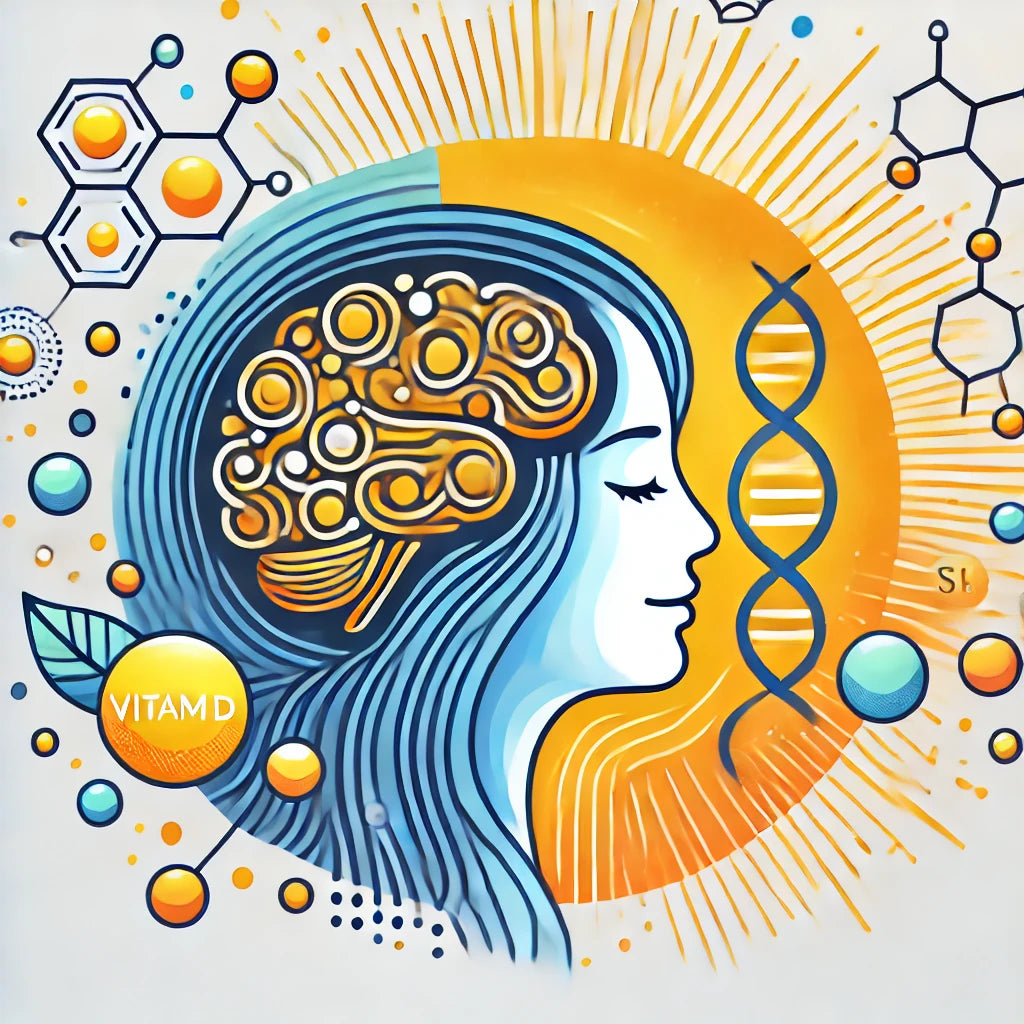News — vitamin D
Navigating Calcium Intake: A Guide for Kidney Stone Prevention
balanced diet calcium intake calcium oxalate stones calcium rich foods calcium supplements citrate exercise for kidney health hydration kidney function kidney health kidney health tips kidney stone prevention kidney stones kidney stones diet magnesium nutrition for kidneys oxalate potassium sodium intake stone prevention vitamin D
Kidney stones can be a painful and recurring issue for many, but did you know that calcium intake plays a significant role in managing and preventing these stones? Contrary to common belief, managing kidney stones often isn’t about eliminating calcium from the diet but rather optimizing the type and timing of intake. This guide will dive into the science behind calcium’s role in kidney stone prevention, the best sources of calcium, and other lifestyle changes that can help maintain kidney health.
Calciferols: The Building Blocks of Strong Bones
blood pressure bone density bone growth bone health bone remodeling calciferols calcium absorption cardiovascular disease deficiency diagnosing calciferol levels diet Health Benefits immune function mental confusion muscle function osteoporosis rickets risks skin cancer sun exposure supplements toxicity treating calciferol deficiency vitamin D vitamin D2 vitamin D3
Our bones are the framework that supports our bodies, allowing us to move, stand, and perform everyday activities. Maintaining strong bones is crucial throughout life, and various factors contribute to their health. Among these factors, a group of compounds called calciferols, commonly known as vitamin D, plays a pivotal role.
Calciferols are a family of fat-soluble vitamins that are essential for calcium absorption and bone mineralization. They come in different forms, with vitamin D2 (ergocalciferol) and vitamin D3 (cholecalciferol) being the most prominent. This article delves into the fascinating world of calciferols, exploring their significance in bone health, their sources, benefits, and potential risks.
Sunshine and Serotonin: The Connection Between Vitamin D and Mood
boost serotonin naturally depression happy brain mental health mental wellness mood seasonal affective disorder serotonin serotonin and mood sunlight and mood sunlight benefits sunshine vitamin vitamin D vitamin D deficiency vitamin D for depression vitamin D supplements
Have you ever noticed that your mood improves on a sunny day? There’s a scientific reason behind this, and it involves vitamin D. Known as the "sunshine vitamin," vitamin D is produced in the skin when exposed to sunlight and plays a crucial role in maintaining physical health. However, what many people don’t realize is that it also has a profound impact on mental well-being. Numerous studies have linked vitamin D deficiency to mood disorders such as depression, anxiety, and seasonal affective disorder (SAD).
Vitamin D influences the production of serotonin, the brain's "feel-good" chemical, which helps regulate mood, appetite, and sleep. When vitamin D levels are low, serotonin production can decrease, leading to feelings of sadness, fatigue, or even depression. In this guide, we will explore the fascinating connection between vitamin D and mood, the signs of deficiency, and how to maintain healthy levels to support mental well-being.


